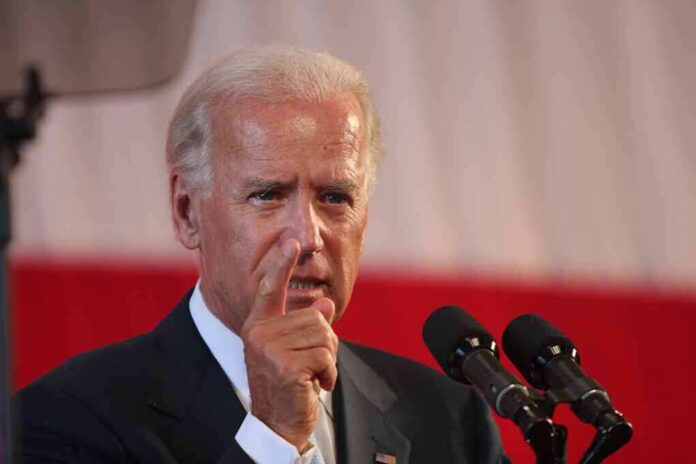
The legal saga of President Joe Biden’s student loan forgiveness plan took another dramatic turn as a federal judge in Missouri effectively froze the initiative, advancing the already heated legal disputes.
At a Glance
- A federal judge in Missouri blocked Biden’s student loan forgiveness plan.
- Republican states argue the program is unconstitutional.
- The Education Department claims the program is based on 1965 legislation.
- The Supreme Court could ultimately decide the program’s fate.
Legal Challenges Multiply
Following a temporary block’s expiration by a federal judge in Georgia, President Joe Biden’s student loan forgiveness program faces renewed legal challenges. The initial case was transferred to Missouri due to issues of standing in Georgia. Missouri and several other states claim the program’s actions violate constitutional principles by overstepping executive powers.
The Department of Education’s new forgiveness plan emerged after the Supreme Court struck down earlier attempts at debt relief. If the current program succeeds, it could forgive substantial portions of federal loan debt for eligible borrowers, potentially affecting nearly 30 million individuals.
A Missouri judge is now blocking the Biden administration's student loan forgiveness plan that was cleared to proceed by a federal judge https://t.co/C9Q4L9Ax96
— NBC DFW (@NBCDFW) October 3, 2024
Judicial Rulings Question Constitutionality
Judge Matthew Schelp, appointed under Donald Trump, issued a preliminary injunction, aligning with previous judicial decisions that challenge the forgivable nature of loans under the Biden administration’s initiative. Schelp emphasized the necessity for judicial review to ensure adherence to legal standards.
“Allowing Defendants to eliminate the student loan debt at issue here would prevent this Court, the US Court of Appeals, and the Supreme Court from reviewing this matter on the backend, allowing Defendants’ actions to evade review,” Judge Matthew Schelp stated in his ruling.
The case argues that any move to cancel substantial amounts of student debt should involve Congress, not just executive fiat. These challenges highlight ongoing tensions over executive authority and fiscal policy.
30 million student-loan borrowers get bad news after a Trump-appointed federal judge officially blocks Biden from carrying out broader debt cancellation https://t.co/UjRTmwiuCP
— Business Insider (@BusinessInsider) October 4, 2024
Potential Supreme Court Involvement
The lawsuit contends that swift actions by the administration could circumvent judicial scrutiny, thereby impacting fiscal norms. Republicans maintain that such sweeping cancellations exhibit executive overreach, underscoring fairness issues for non-college-educated taxpayers.
Andrew Bailey, the Republican Missouri attorney general, in a statement called the ruling ‘yet another win for the American people’.
As the administration continues its legal battle, the Education Department affirms its commitment to providing debt relief under the auspices of existing legal frameworks, including the Education Act of 1965. Meanwhile, the Biden administration anticipates that the case may require eventual Supreme Court intervention, a concerning prospect given previous rulings.
Sources:
Court Victory Allows Biden’s Student Loan Forgiveness Plan To Proceed
Another US judge blocks Biden’s latest student loan forgiveness plan
Another Court Blocks Biden’s Second Attempt at Student Loan Forgiveness
Biden’s student loan cancellation is put on hold again after day of legal whiplash
Biden’s student loan forgiveness plan on hold again
Federal judge temporarily blocks Biden’s student loan forgiveness plan












